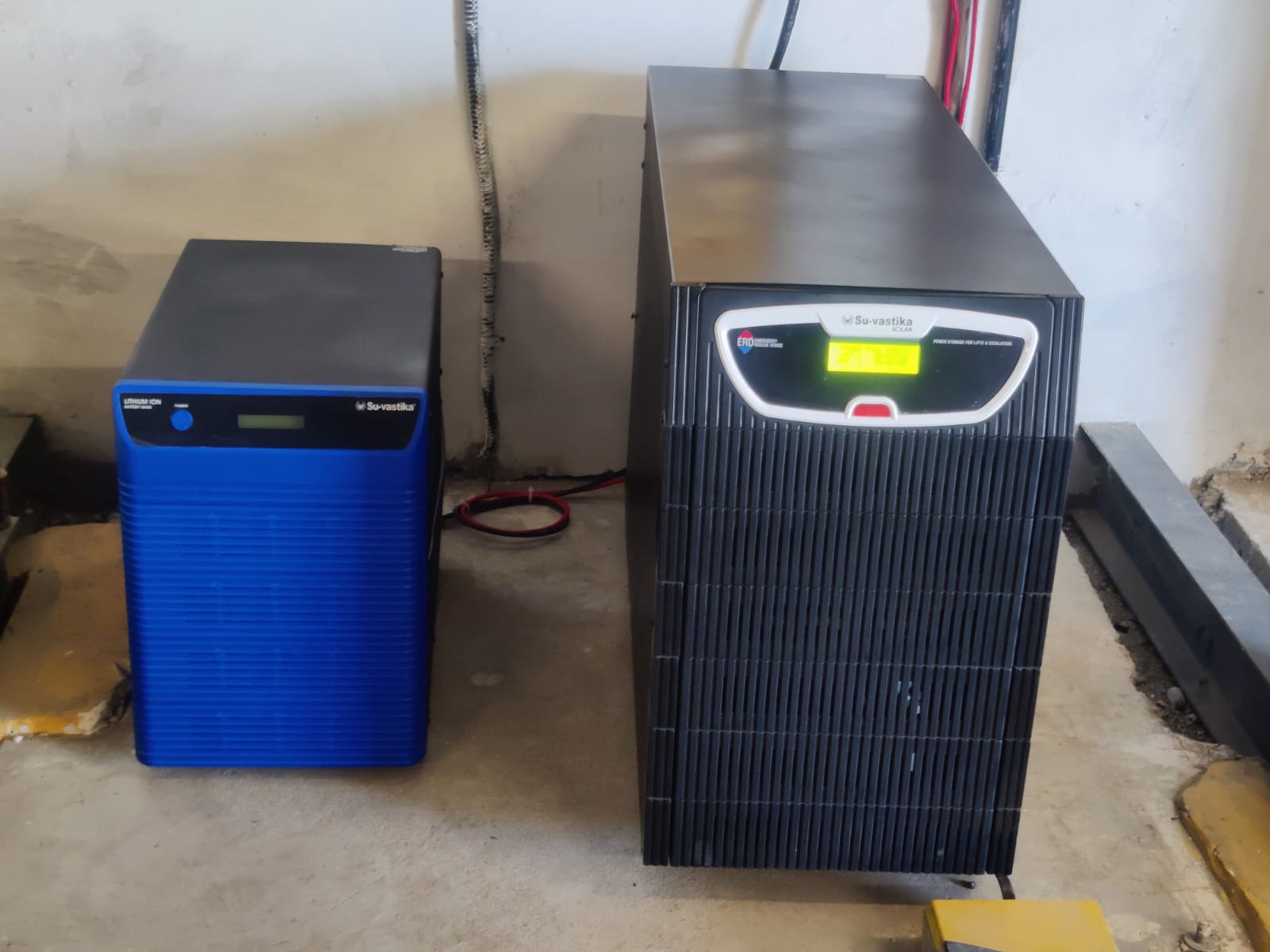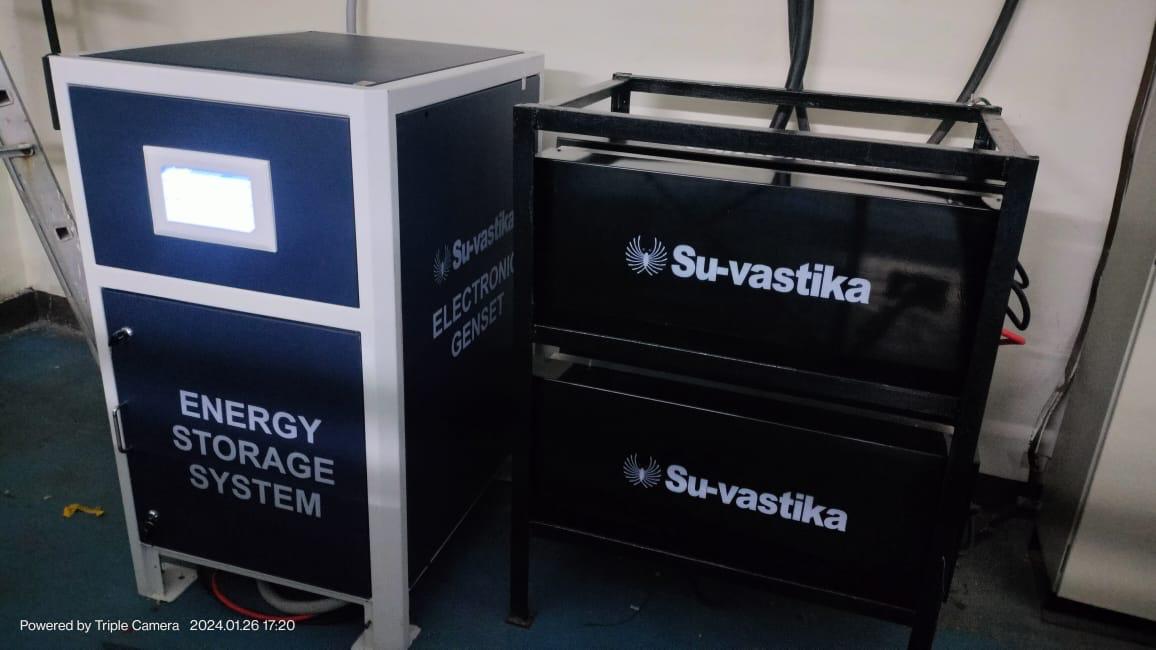
Lithium-ion and lithium iron phosphate (LiFePO4) batteries are rechargeable batteries that use lithium ions as the charge carriers. However, they have some key differences in composition, performance, and safety.
- Lithium-ion batteries use various cathode materials, such as cobalt oxide, manganese oxide, or nickel oxide.https://en.wikipedia.org/wiki/Lithium_iron_phosphate_batteryA lithium-ion (Li-ion) is a rechargeable battery in which lithium ions move from the negative electrode to the positive electrode during discharge and back when charging. Li-ion batteries are used in various electronic devices, including laptops, smartphones, tablets, cameras, and electric vehicles.Here are some of the advantages of lithium-ion batteries:
- High energy density: Li-ion batteries have a high energy density, which means they can store much energy in a small space. This makes them ideal for portable devices.
- Long cycle life: Li-ion batteries can be recharged and discharged many times, typically 300-1,200 times.
- Low self-discharge rate: Li-ion batteries have a low self-discharge rate, which means they lose their charge slowly when not in use.
- Fast charging: Li-ion batteries can be charged quickly.
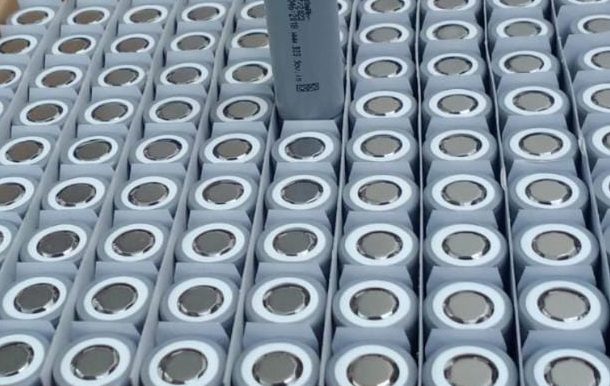 Here are some of the disadvantages of lithium-ion batteries:
Here are some of the disadvantages of lithium-ion batteries:- Expensive: Li-ion batteries are more expensive than other types of batteries, such as lead-acid batteries.
- Sensitive to heat: Li-ion batteries can be damaged by heat, so it is important to keep them cool.
- Can catch fire: In rare cases, Li-ion batteries can catch fire, especially if they are damaged or not used properly.
- LiFePO4 battery stands for Lithium Iron Phosphate battery. It is a lithium-ion battery that uses lithium iron phosphate as the cathode material. LiFePO4 batteries are known for their long cycle life, high safety, and low maintenance. They are also relatively inexpensive to produce.https://suvastika.com/types-of-lithium-lifepo4-battery-cells/
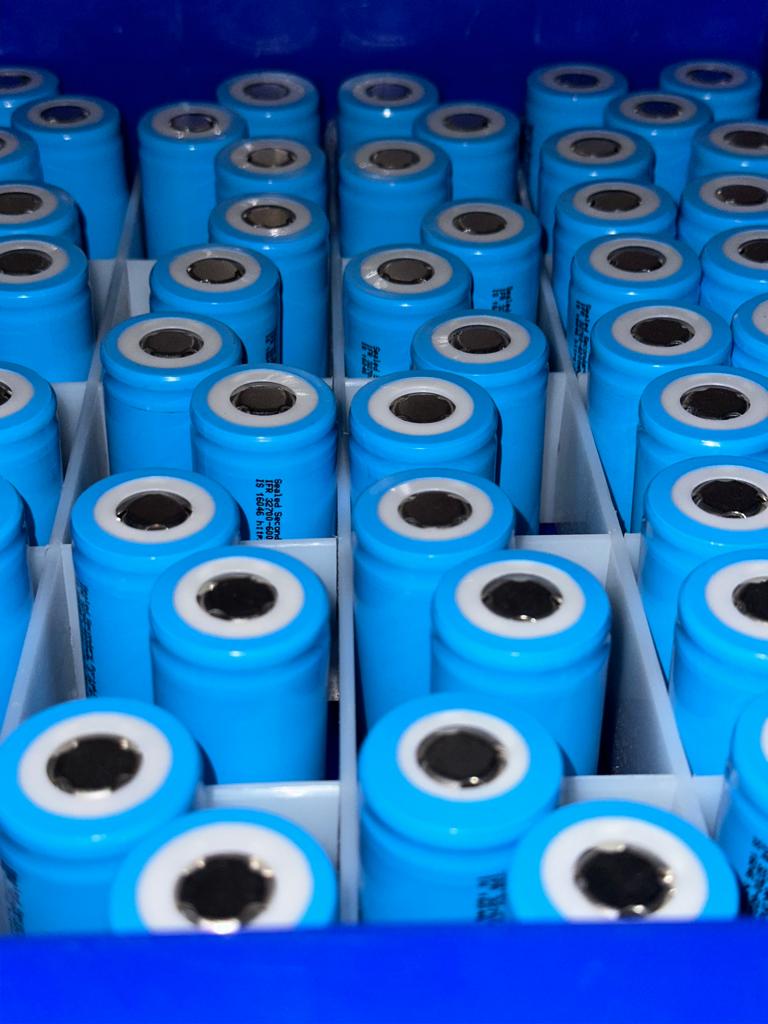
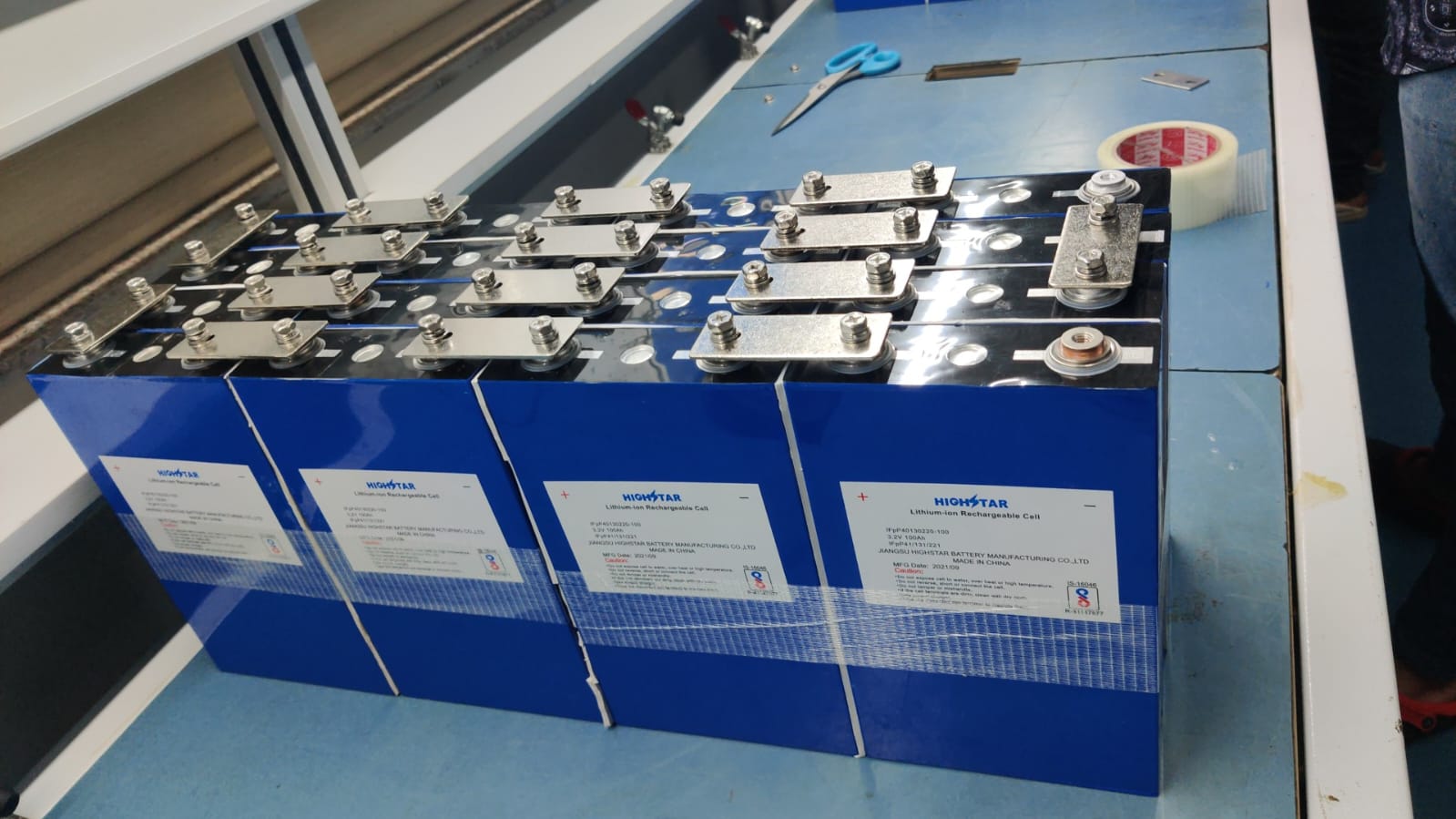
- Here are some of the advantages of LiFePO4 batteries:
- Long cycle life: LiFePO4 batteries can be recharged and discharged thousands of times, making them ideal for applications where long battery life is important.
- High safety: LiFePO4 batteries are less likely to overheat or catch fire than other types of lithium-ion batteries. This makes them a safer choice for applications where safety is a priority.
- Low maintenance: LiFePO4 batteries require very little maintenance. They do not need to be balanced or calibrated and are not susceptible to sulfation.
- Relatively inexpensive: LiFePO4 batteries are relatively inexpensive to produce, making them a more affordable option than other lithium-ion batteries.
- Lower energy density: LiFePO4 batteries have a lower energy density than other lithium-ion batteries. This means that they can store less energy in a given volume.
- Not suitable for high-power applications: LiFePO4 batteries are not suitable. They have a lower discharge rate than other types of lithium-ion batteries.
- LiFePO4 batteries use lithium iron phosphate as the cathode material.https://en.wikipedia.org/wiki/Lithium_iron_phosphate_battery
Performance
- Lithium-ion batteries have a higher energy density than LiFePO4 batteries, which means they can store more energy in a given volume.
- LiFePO4 batteries have a longer cycle life than lithium-ion batteries, which can be recharged and discharged more times before they lose capacity.
- LiFePO4 batteries are also less sensitive to temperature changes than lithium-ion batteries.
Safety
- Lithium-ion batteries are more prone to overheating and catching fire than LiFePO4 batteries.
- This is because lithium-ion batteries use a flammable electrolyte.
- LiFePO4 batteries are considered to be safer because they use a non-flammable electrolyte. So far, they are the safest Lithium batteries available in the market.
Cost
- Lithium-ion batteries are typically more expensive to produce than LiFePO4 batteries.
Applications
- Lithium-ion batteries are used in various applications, including laptops, smartphones, and electric vehicles.
- LiFePO4 batteries are used in applications where safety is a priority, such as electric vehicles and solar power systems.
Which battery is better?
The best battery for a particular application will depend on the specific requirements of that application. For example, a lithium-ion battery may be better if the application requires a high energy density. However, if the application requires a long cycle life or high safety, then a LiFePO4 battery may be the better choice.
Here is a table summarizing the key differences between lithium-ion and LiFePO4 batteries:
| FEATURE | LITHIUM-ION | LIFEPO4 |
|---|---|---|
| Composition | Various cathode materials | Lithium iron phosphate |
| Energy density | Higher | Lower |
| Cycle life | Shorter | Longer |
| Temperature sensitivity | More sensitive | Less sensitive |
| Safety | Less safe | Safer |
| Cost | More expensive | Less expensive |
| Applications | Laptops, smartphones, electric vehicles, | Electric vehicles, solar power systems, inverter, UPS and BESS |
September 3, 2023
Similar post
Why is the future of all vehicles with LiFePO4 battery?
December 2, 2022
In “Frontpage Article”
SEPTEMBER 2, 2023/0 COMMENTS/BY
Share this entry
0REPLIES
Leave a Reply
Want to join the discussion?
Feel free to contribute!
Name *
Email *





